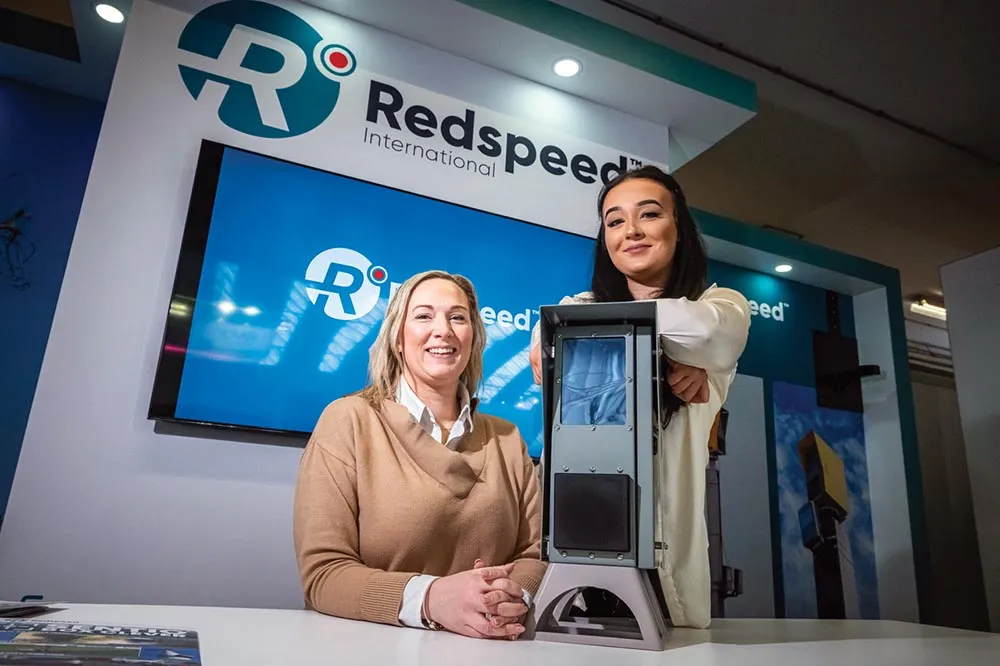Polish company
At Intertraffic Amsterdam, the company will be demonstrating the NeuroCar Section Speed Control system which can determine the average running speed of every vehicle at a given stretch of the road. The core of the system is ANPR to identify vehicles passing through the measurement points and average speed is then calculated. Where infringements occur, prosecution of speeding offences is automatically initiated.
NeuroCar demonstrates average speed enforcement
Polish company Neurosoft will be at Intertraffic Amsterdam to boost its international presence and highlight its NeuroCar product line which acts as a component for road data acquisition, as a state-of-the-art vehicle identification tool, or a turnkey system to meet specific needs. The company’s software technology has been chosen by the Ministry of Transport, Shipping and Communications of the Republic of Turkey to introduce a vehicle identification system in Ankara.
February 8, 2016
Read time: 1 min










